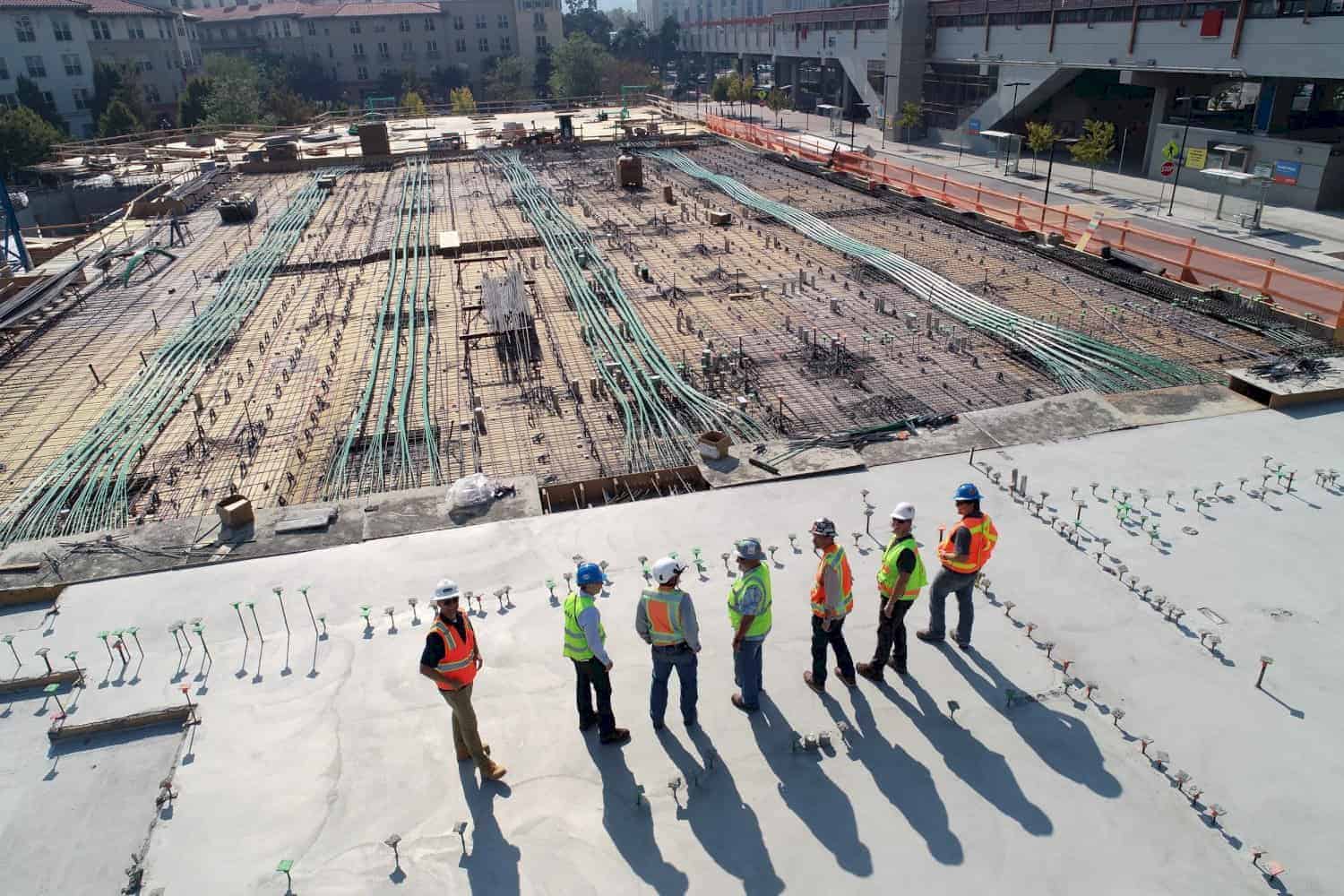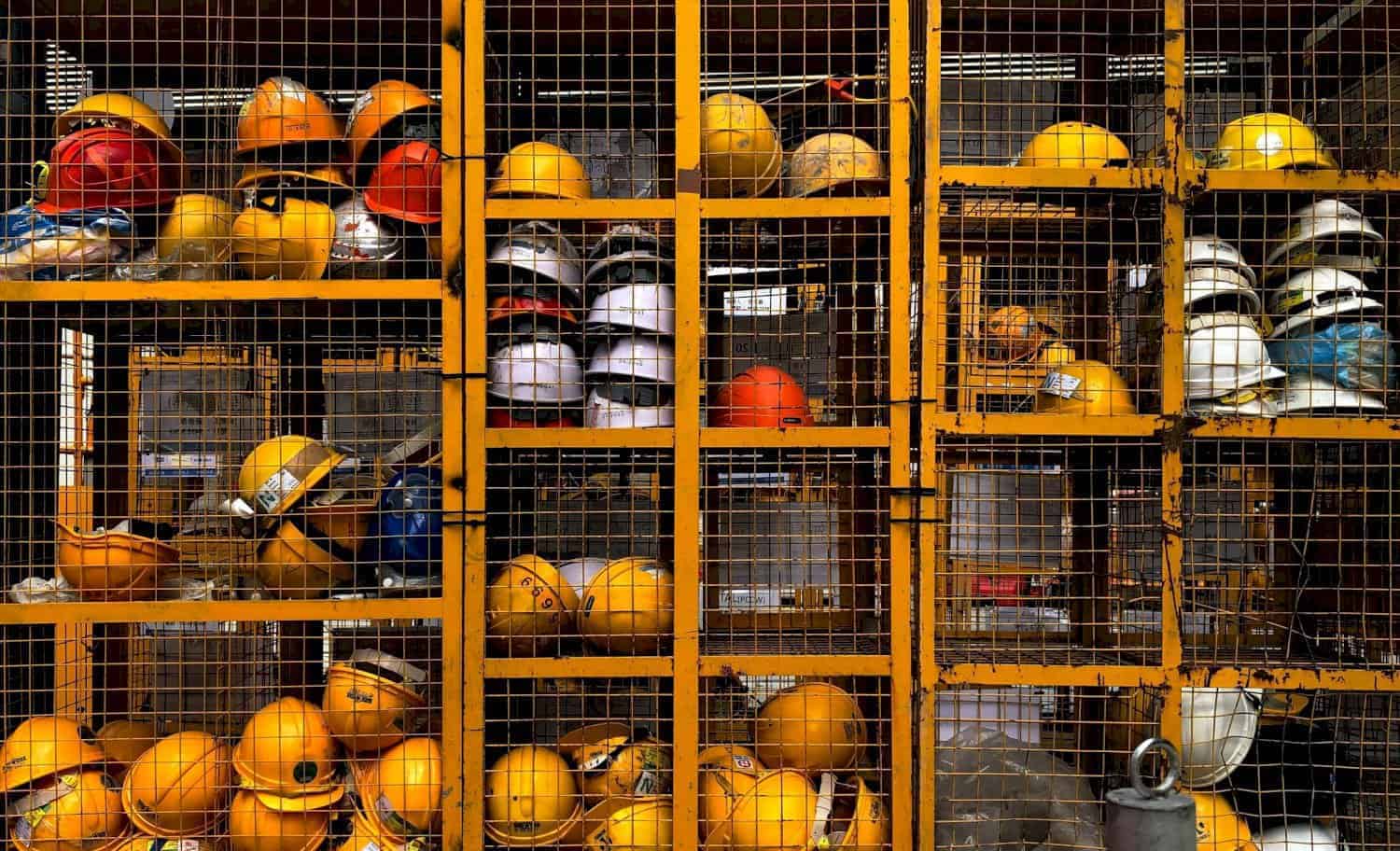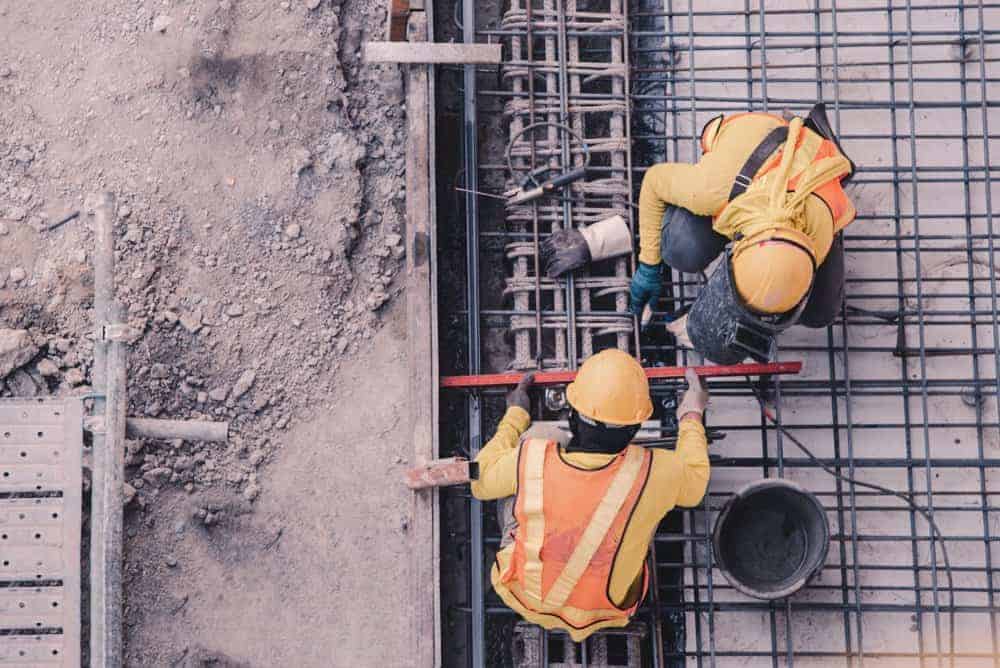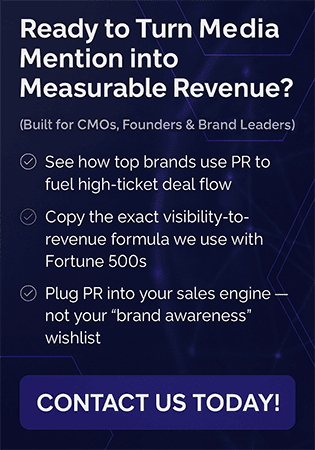In uncertain times, it is important for businesses to clearly communicate the direction of the company with employees. Being transparent about what to expect moving forward will not only help them to prepare, but, in some cases, provide much needed relief.
One of the industries hardest hit during COVID was the rental and construction industry.

Shama speaks with seasoned entrepreneur Anthony Durante, CEO of Durante Rentals, a construction equipment rental company, to hear how he led his company with transparency to adapt to the crisis.
Q: Tell us about your industry and some of the changes that have occurred.
A: The biggest change with any downturn is that the playbook goes out of the window. We’ve gone from the onset of COVID, to a pandemic, into a recession, and then the rioting and looting.
We’ve had to change some procedures and policies with the complexities faced. It’ll be interesting to see what will dictate how we move forward.
Q: How has this change affected your business and team?
A: We’ve been working from home. As for impacting our business, fortunately we have had a great amount of our customer base being in construction who were in essentials.
But even with essential jobs, there were still some getting shut down due to exposure to COVID on the job. It’s been a bit of a challenge for us because we have a rental fleet.
We have millions of dollars on the line and a lot of notes from the bank. There are always notes that are due and we have a lot of equipment out in the streets. So, it was a matter of how to protect the equipment, protect our employees, and keep the banks at bay.
We had to figure out how to financially and strategically plan in advance for what was to come.
Q: You’re in the Tri-state area, right?
A: Yes. We have a location in New Jersey, one in Connecticut, and 10 in and around the New York City area.
Q: Can you share some lessons of the highs and lows in business and how to make the most of this recession?
A: This recession came very unexpected. We’re not really certain whether this recession will be short or go deep. The one thing that I look at is we have had a lot of emergency situations over the years like providing equipment for ground zero, hurricanes, and whatnot.
So, I looked at this recession as more of an emergency plan. And I believe with any emergency plan, you don’t just run into it when you see the fire. You make sure ahead of time that you have back up, make sure your pumps are hooked up to your hoses, and that you have the proper equipment and tools prepared.
Rather than kind of running forward or putting our heads in the ground, I assembled my executive team early on. Basically, I said, “What do we need to do to prepare for this?” I made a short list of items we used to get proactive and ahead of it.

It was very well planned and coordinated. There was massive amounts of communication down the ranks.
Q: Your approach was less of a drawn out plan during the recession and more of an emergency plan ahead of time. What was on your checklist?
A: I’ll walk through some of the steps that we took. Some of it was modified as we went through it and at times we had to plan as we went.
Put people first.
- When we saw it coming, we pulled as much money out of the banks as possible. If there was any issue with the banks, we had some funding in place.
- I immediately began messaging our 100 plus employees to keep them from fear or worry. I shared with everyone their accrued PTO because I didn’t know how long this would last.
- We pulled everyone’s income down to about 40% and analyzed all of the government assistance available. We came up with a matrix showing what their income would look like with that assistance. The combination brought their incomes up to about 85%.
Get processes in place quickly.
- We communicated with our vendors that we wouldn’t pay our invoices for 30 days.
- We spoke with our Accounts Receivable team about how we will collect money.
- I set up an innovative dashboard to track things and we monitored and micro-managed our budget.
- I moved our systems onto iCloud, did phone upgrades, GPS upgrades, and moved to paperless contracts.
- We hired an outside sales team, which doesn’t happen in our industry.
- I elevated someone to President, which was my plan for next year, but I needed someone to run the projects and teams so that I could focus on strategy moving forward.
I weighed everything against where we should’ve been as a company and was able to set up some metrics around it. It’s a Jenga puzzle and you can’t just pull one piece out.
Q: You took away the uncertainty. You were very clear on what to expect. Transparency is key.
There’s been a lot of talk about infrastructure making such a big difference. Can you help us to understand why that’s the case?
A: You look back to the 1930s and it was the public works projects that really got the country started that were put in by Franklin D. Roosevelt (FDR). New York is very infrastructure heavy with the amount of work going on with the number of bridges and tunnels.
A lot of families are moving out of NY so the tax base is definitely going to take a hit. I think people with second homes are going to change their address for a year or two. We definitely have a money issue and need some federal help.
One of the things I keep asking is when can we get some federal spending on infrastructure. There’s a lot of people in NY tied to construction.
Q: I know you lobby in D.C. on behalf of the industry. It’s a challenging time for rentals. What advice do you have for the rental market?
A: Cash is king. There’s a period of examining what we’re doing with cashflow and if we’re hitting our short term projections. Without cash there is no business.
It’s amazing because we’ve shared cash reserves with our employees in the past. I think we’ve won some points because we stayed on top of training and initiatives. I think we all want to advance professionally and I think everyone appreciated the caring that we put forth.
On a footnote, I believe that we are the only rental company to shut down 100% from March 17th on. I believe in people first. I looked out for the safety and health of our employees. You have to decide whether to go for cash or for people. I went for people.

The government made the decision to reopen based on the condition of the economy. Every decision we made around reopening was based on what’s safe for our employees and how to keep them healthy. I think we’ll get points for that.
CONCLUSION
Learning from Anthony’s experience, it’s important to be transparent at the onset about where things are within your company. Your employees deserve to be informed about those things within your control so they can plan accordingly.
Remember to keep the safety and health of people first as we navigate through the unpredictable. This is a great opportunity to revisit how you have done business and be innovative.
As Anthony pointed out, if you feel that you’re falling behind, find people like yourself and those who can help, and reach out. One of the wonderful things we’re finding during these difficult times is that your customers, colleagues, and fellow business owners want to help. Communities want to support their members. You just have to be willing to ask.
And if you’re in need of a partner to help you take control of this moment and turn it into momentum, contact us!





